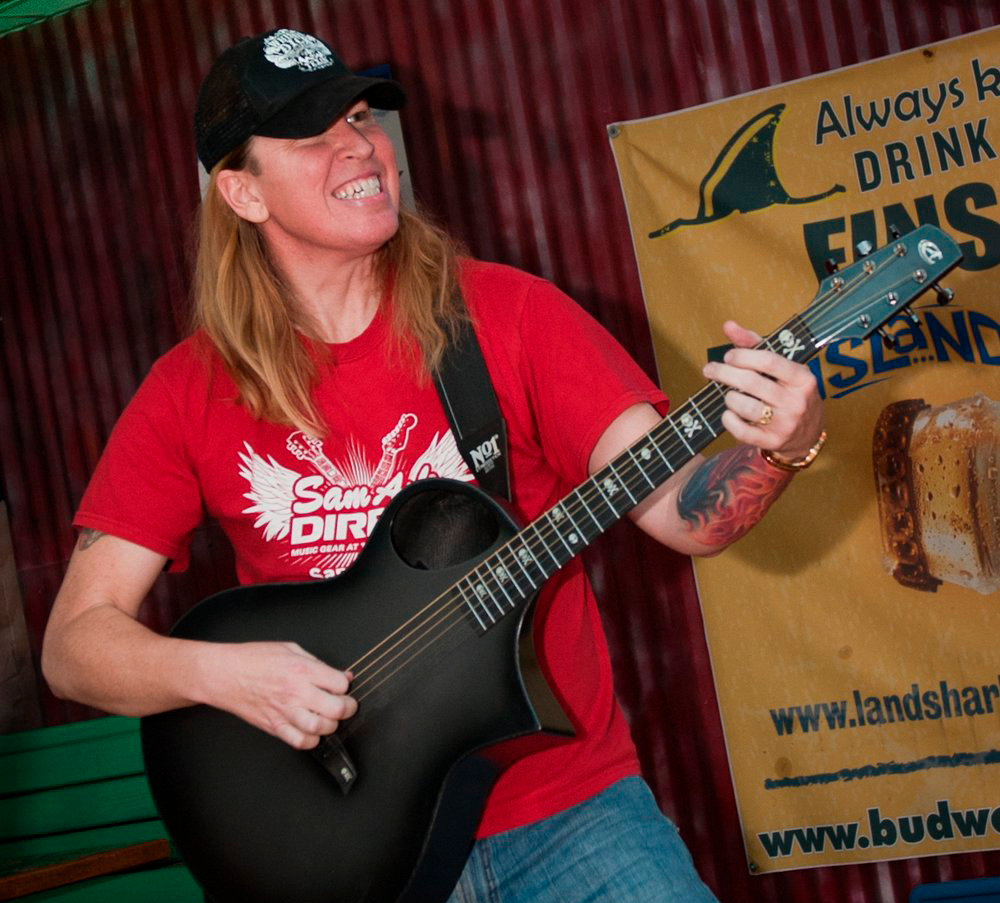The main question for many collectors would go like this. Can I use the same procedure and the same record cleaning kits that I use for my LPs? Yes, and not. The 78s have different coating material (shellac) and can be less in diameter (10-inch or 12-inch). Grooves on older (manufactured before the year 1950) 78 RPM records are also wider than on modern vinyls. The younger 78s don’t have this difference, while their grooves seem a bit shallower and smoother than those of records with less speed requirement. All this should be taken into account before your start cleaning 78 RPM records.
The “youngest” 78 records date back to the year 1960, so they require cleaning anyway. Even the most careful storage in tight covers for record albums makes dust accumulate, and oily spots occur from fingers’ touch. However, shellac coating is highly sensitive to multiple solvents used for LP records. For this reason, some detergents used in the household might be non-acceptable, too.
If you plan on using the record cleaning machine for your old records, size might matter, too. Want to know how to clean old 78 RPM records safely? Check the tips below!
Tips for Cleaning 78 RPM Records
- Use warm water for preparing a cleaning solution, don’t apply very hot or cold water. Hot water, while good for dissolving and peeling off the grime from vinyls, might affect the scratched shellac and cause it to break. Cold water is less efficient for dirt removal and takes more time to evaporate often leaving stains on the record.
- If using detergents, apply only a small quantity (5%) diluted in water. Don’t apply any type of alcohol or acetic acid (as well as solvents or detergents containing them), as these reagents are harmful to shellac. Don’t apply even diluted chemicals for more than 5-10 minutes.
- Use a soft brush to clean your old records with 78 RPM. Regular brushes for LPs mightn’t fit, as vinyl is less brittle than shellac. Use a toothbrush or a painting brush.
- Brush the record clockwise repeating the stylus path on it when played. Make two-four rounds on each side.
- Rinse under a gentle stream of water. Do not turn the faucet on full. Half a turn will do.
- Wipe the record with microfiber and put it vertically to dry. A dish rack will do the task.

Hi everyone! I’m Thomas Moody, also known as Guitarzan.
